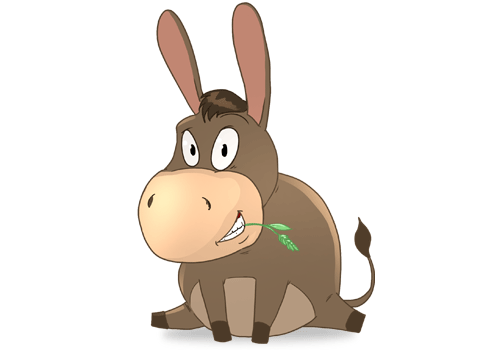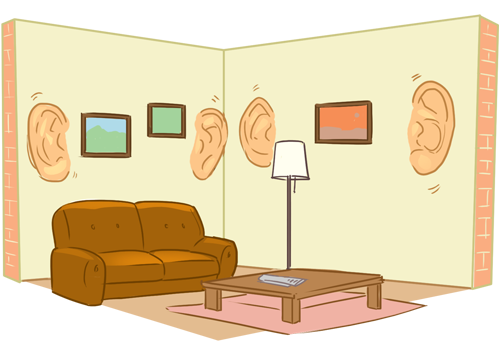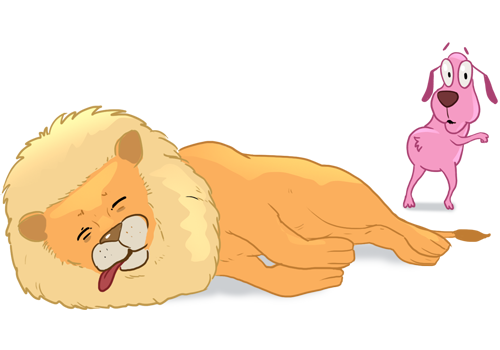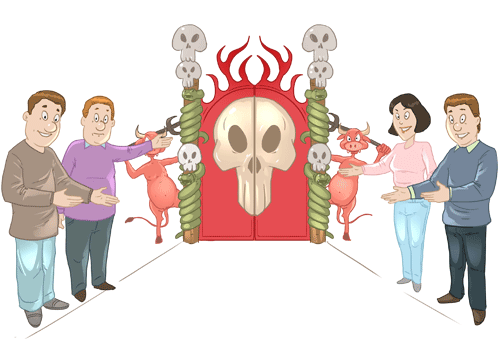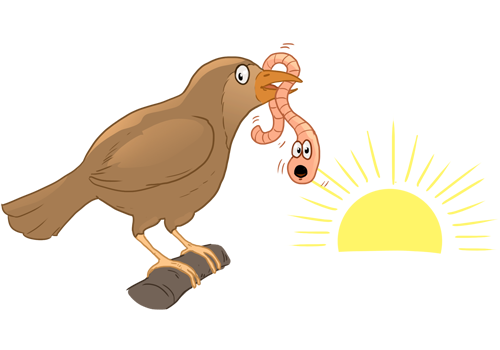English
English language
English language
360 million, about 70 million in Europe
54 countries, e.g. Europe: United Kingdom (60 million), Ireland (4.5 million). World: United States (267 million), Canada (25 million), Australia (18 million), New Zealand (4 million). English is also used in former British or American colonies as an official language for government, education or business though most people speak other languages in their private lives. These countries include India (125 million speakers) and Pakistan (88 million speakers).
Spain and France (about 3 million total), ancestry-conscious UK-descendents in the Commonwealth
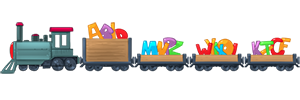

The history of English is very much a history of interaction with other languages. Over the centuries English was heavily influenced by a number of languages.
Old English was influenced by Celtic languages and Latin which were spoken when Germanic peoples first started populating the island of Great Britain and then by Old Norse spoken by the Norse invaders. Middle English was influenced by Norman and then Standard French.
The results of this interaction meant that English vocabulary was enriched with words from many languages, especially Latin and French. Meat terms, of course, had to be French, while the farmers kept their Germanic word for the animals themselves. Hence pairs like cow/ox (cow) vs. beef (cow meat), or deer (deer) vs. venison (deer meat). For reasons that are not fully understood English also lost most of the inflectional endings that characterized earlier stages of the language.
There are two basic models of grammar for English. The traditional grammar taught (or not) to native speakers is very different from that taught to those who learn English as a second language.
Traditional grammar for native speakers is notable for having many rules which no native speaker, even the most educated, consistently follows. These include
English is written in a Latin based alphabet of 26 letters and one accent, the apostrophe. English spelling is complicated and there is only an indirect relationship between the way words are spoken and written. There are many general rules but all have many exceptions.
All this means that English-speaking children spend a lot of time in school learning to spell words correctly. It also means that English-speaking people get lots of practice spelling words out loud, and are used to doing so. This makes it important to know the names of the letters.
The letter z has two names. The name [zi:] is always used in American English while both are used in other varieties.
In a way, periods are very important letters in English, too, especially American English, since many people - and virtually all newspapers or magazines - substitute swear words with three periods known as an ellipsis, for example What the ...? or What the f...?, what a ...ing idiot!
In Europe, English is often used as a lingua franca by people in cross-linguistic communication but plays little to no role in local government or education (beyond being a compulsory subject in school). This kind of non-native English differs in many ways from native varieties and some features that are important in native varieties such as intonation patterns and the count non-count distinction are mostly absent and others like article or tense usage differ from native varieties as does some of the lexicon. Some people speculate that this could lead to a European non-native standard that would be so distinct from native usage that natives would have to learn it (though how this would be accomplished is not clear).
There is no single vowel system in English, instead there are a number of different systems that differ by area, class or other factors and these overlap. Not only is the vowel inventory dependent upon these factors but the distribution of vowels varies from dialect to so that pasta is pronounced ['pastə] in some dialects and ['pæstə] in others.
Here are the vowel inventories of the standard pronunciations in the UK and US respectively.
| Common spellings | IPA | Example | IPA | |
|---|---|---|---|---|
| ee, ea, e-e | i | bead | bi:d | |
| i | ı | bid | bıd | |
| e | e | bed | bed | |
| a | æ | bad | bæd | |
| u- | ʌ | bun | bʌn | |
| ur, er | ɜ | burn | bɜ:n | |
| u, oo, ue | u | suit | su:t | |
| oo, ou | ʊ | soot | sʊt | |
| au, augh, ough | o | caught | ko:t | |
| o- | ɒ | cot | kɒt | |
| a, ar- | a: | cart | ka:t | |
| only unstressed | ||||
| -a, -er | ə | speaker | 'spi:kə | |
| Diphthongs | ||||
| ay, ai-, a-e | eı | bay | beı | |
| i, i-e, igh, uy, -y | aı | buy | baı | |
| oy, oi- | oı | boy | boı | |
| uoy, ooey | uı | buoy | buı | |
| ow, ou- | aʊ | bow | baʊ | |
| o, o-e, oe, oa- | oʊ | bow | boʊ | |
| Common spellings | IPA | Example | IPA | |
|---|---|---|---|---|
| ee, ea, e-e | i | bead | bid | |
| i | ı | bid | bıd | |
| e | e | bed | bed | |
| a | æ | bad | bæd | |
| u- | ʌ | bun | bʌn | |
| ur, er | ɝ | burn | bɝn | |
| u, oo, ue | u | suit | sut | |
| oo, ou | ʊ | soot | sʊt | |
| au, augh, ough | ɔ * | caught | kɔt | |
| o- | a * | cot | kat | |
| only unstressed | ||||
| -a, -e- | ə | Donna | 'danə | |
| -a, -e- | ɚ | Donner | 'danɚ | |
| Diphthongs | ||||
| ay, ai-, a-e | eı | bay | beı | |
| i, i-e, igh, uy, -y | aı | buy | baı | |
| oy, oi- | oı | boy | bɔı | |
| uoy, ooey | uı | buoy | buı | |
| ow, ou- | aʊ | bow | baʊ | |
| o, o-e, oe, oa- | oʊ | bow | bɔʊ | |
*Many Americans do not distinguish these two except before a semi-vowel or /r/.





